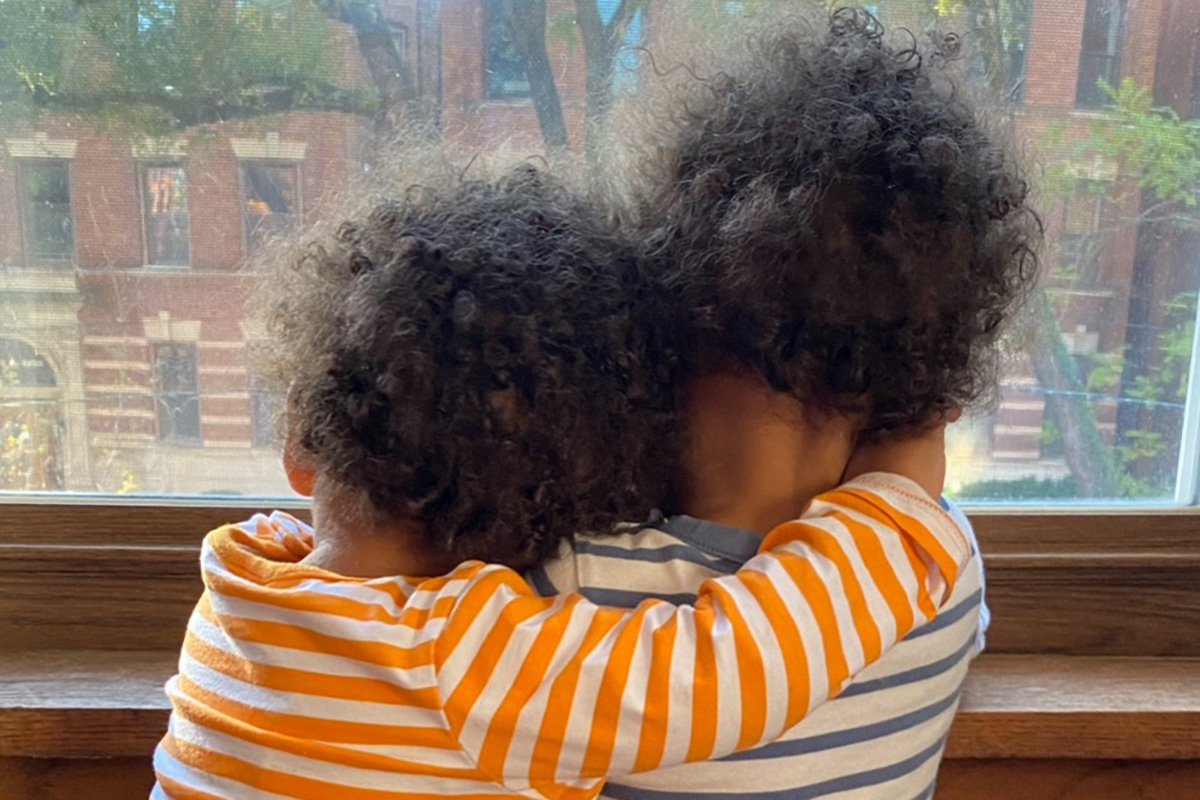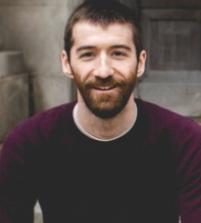
In Short Measures Life May Perfect Be
If what makes human life sublime is complete, without the need for growth and endurance across time, this is exactly the sort of thinking our planet needs.
As I go back and forth teaching my current classes on biomedical and environmental ethics, it’s hard not to feel like my moral compass is spinning in opposite directions. When discussing medical ethics, we discuss the absolute necessity of respecting the unique value of a human life. In my environmental ethics seminar, we discuss the imperative of moving past anthropocentrism toward viewing humans as just one part within a wider biological community. The idea that human beings have a special status seems to be the key to moral medicine and the source of all evils for our ecological home.
This dilemma has occupied me for a long time. My journey into the field of ethics began twenty years ago, when, as a wide-eyed undergraduate at the University of Chicago, I found my way into a seminar taught by William Schweiker called “The Posthuman and the Death of Nature.” The class juxtaposed bioethics perspectives arguing for the unique dignity and status of human beings with environmentalist perspectives worrying about those same claims to humanity’s special status. None of our readings resolved this tension, and I left the class unsure how to make sense of it.
My thinking about this topic has shifted significantly in the intervening two decades, and – at the perilous risk of cliche – much of this shift happened when I became a parent. I recognize that having children is neither a necessary nor sufficient condition for appreciating the value of human life, but my thinking about this question began to change when, five years ago this week, my wife gave birth to two beautiful boys. They have helped me to see that it is precisely an affirmation of the unique dignity of human life that environmentalism needs.
I have a distinct memory of realizing that, while two of us had gone into the hospital, four of us would come out. The creatures I was bringing home on that white-knuckled journey down Lakeshore Drive were not two mere objects of concern, but two new subjects, two new centers of will and consciousness. It would be months before they could interact with us in any meaningful way, but already the center of gravity in the family had shifted radically. Holding my sons impressed upon me the completeness of what I was holding. That is, the moment when I was handed two newborn babies to hold, I was immediately (though chaotically) aware that the things I was holding were people. I felt in that moment that everything sublime and inviolable and irremovably human about my boys was already there, already complete.
We have dear friends who lost a child during delivery, who came to the hospital ready to be three and left as two. The child they held was already gone. Yes, their grief was magnified by the loss of their son’s future, of everything he would never get to be, but it was not just potential that was gone. What they lost was already a beautiful and miraculous human being.
Plato tells us that the form of the good is eternal, that its permanence is part of its perfection. There is something to that, I think, something to the idea that the good and the beautiful have an aspect of timelessness to them. But I also think Aristotle is correct when he writes that a thing is not “any more good by being eternal, since a long-lasting white thing is no whiter than a short-lived one.” In either case, it is apparent to me that whatever it is in a human life that demands our reverence is not a function of time, not a matter of growth and decay, not a matter of more and less. Whether that is best described as eternal or as complete in a single moment, it is timeless.
While I have grown more certain of the value of even a brief human life, I’ve become less concerned that recognizing our species as having special dignity should be a problem for environmental ethics. For one thing, I don’t believe reverence is necessarily a scarce resource. To find human life sacred need not stop us from appreciating and treasuring the beauty of animals and ecosystems. For another, I find environmentalist concerns about anthropocentrism to be misplaced. We tend to be egocentric, at times ethnocentric; rarely are our concerns actually anthropocentric, actually centered on anthropos, on people per se. It seems clear that we have not yet approached anthropocentrism, have not yet learned to center our moral vision on humanity; how can we expect to move beyond it? If our value systems were truly focused on humanity – not ourselves and our kith and kin – then how could we not value the biosphere in which we live and breathe?
But it is not just that recognizing a unique status for humanity isn't a problem for environmentalism. I am now convinced that it is vital to it. If that which makes human life sublime is complete, without the need for growth and endurance across time, this is exactly the sort of thinking our planet needs.
The Christian writer and farmer Wendell Berry, in his essay “Quantity vs. Form,” argues that our obsession with the medical prolongation of life and our relentless pursuit of material gain are symptoms of the same disease: the inability to imagine our lives as complete. Rather than seeing human life as something with a complete form, something we can bring imaginatively to a graceful close, we see it as a straight line. A circle can be finished, can be appreciated for its formal completeness, but a line has no natural finish; it can be measured only by its length. Our desires for more life, for greater wealth, and for more productivity from limited soil – all have their root in the absence of any functioning sense of enough. We are, according to Berry, “condemned to the life of a fragment, forever unfinished and incomplete, forever greedy.”
The only limit I can see to human expansion, short of devastating collapse, is for us as individuals and a society to be capable of being satisfied. But satisfaction requires an ideal other than just "more": more power, more stuff, longer life. We cannot live well with a pervading sense of incompleteness. If we reduce human life to capacities, to achievements, or to pleasure and pain, if we see death and aging as evils to be fought at all costs, then we cannot be satisfied. If we measure values in quantities, then more is always better. But, for a species with a near infinite capacity to expand its power to extract what it wants, this gnawing incompleteness can only lead to disaster.
If Berry is right, then environmentalists ought not to worry about insistences on the transcendent value of a moment of human life. It is just our ability to see a moment of life as in the most significant sense enough that can counter our manic need for more.
I am not denying that a life can be cut too short, that we often go too soon. A life brought gracefully to a close is still a beautiful thing and the loss of that possibility, a tragedy. Rather, I believe it is precisely our ability to recognize the unique sufficiency and significance of even a single moment of human life that grants us the possibility of seeing any life as whole and complete. And, without the possibility of seeing life as complete, we doom ourselves – and our children – to a future of dissatisfaction, greed, and ecological devastation.
It is not growing like a tree
In bulk, doth make man better be;
Or standing long an oak, three hundred year,
To fall a log at last, dry, bald, and sere:
A lily of a day
Is fairer far in May,
Although it fall and die that night—
It was the plant and flower of Light.
In small proportions we just beauties see;
And in short measures life may perfect be.
– Ben Johnson, The Noble Nature
Featured image courtesy of David Barr


